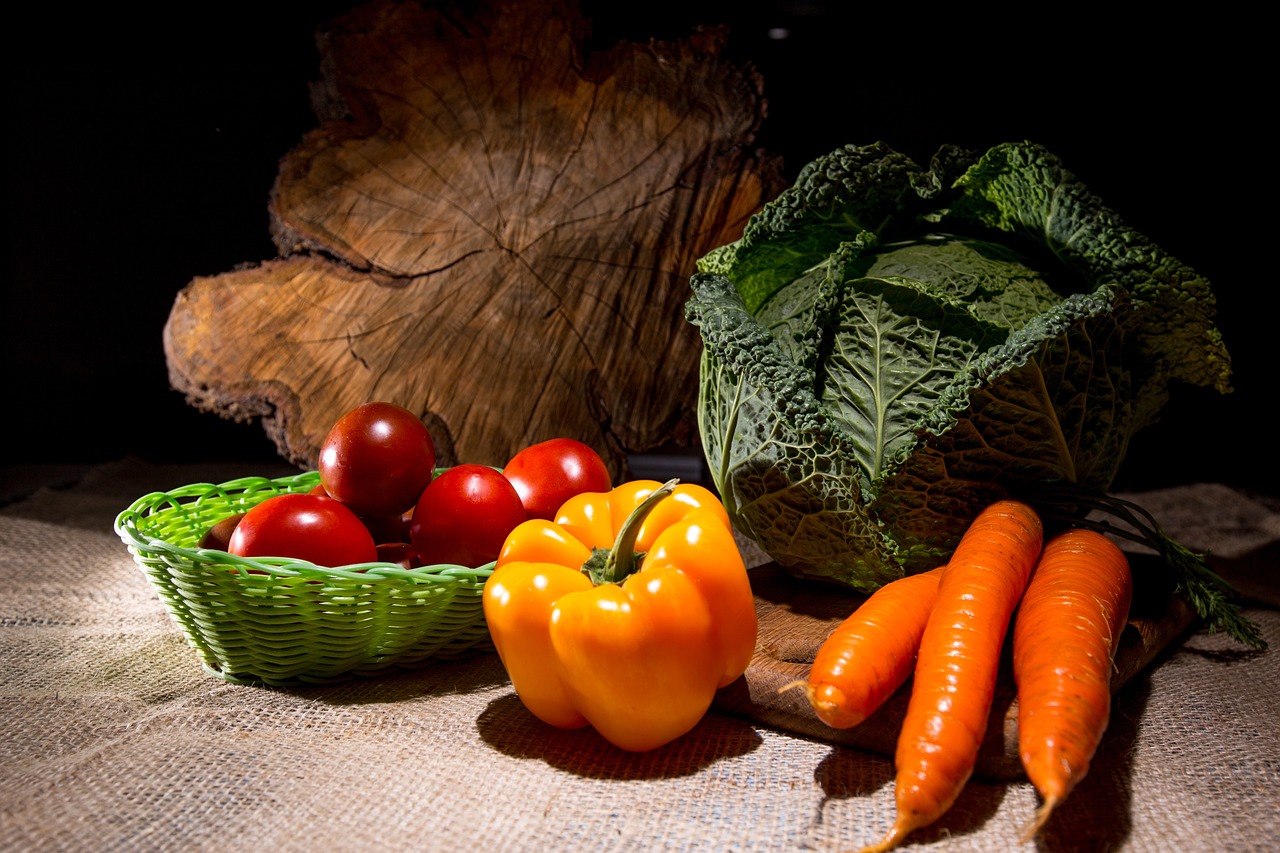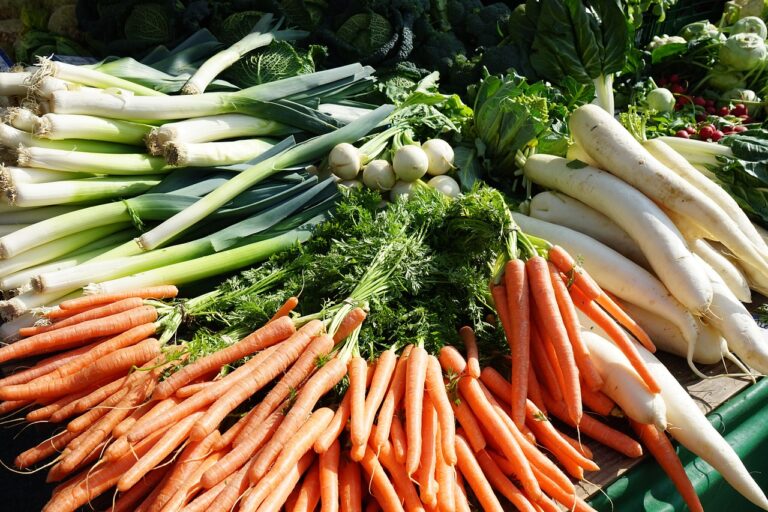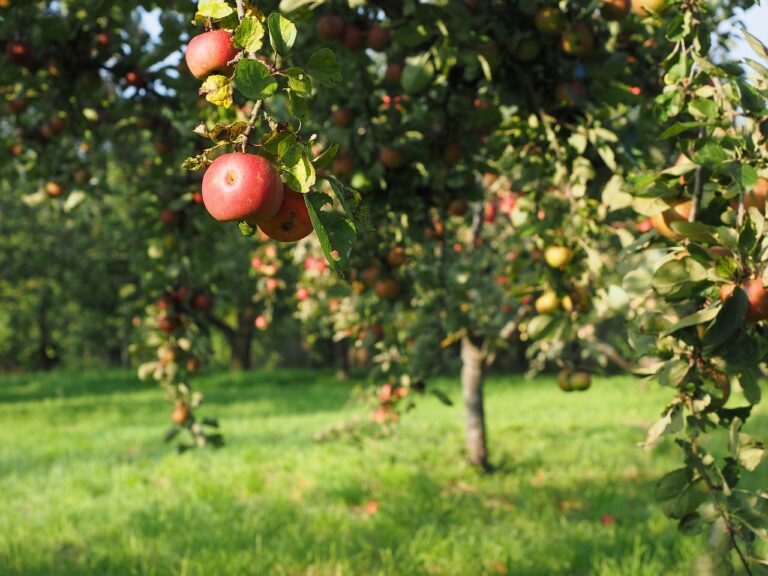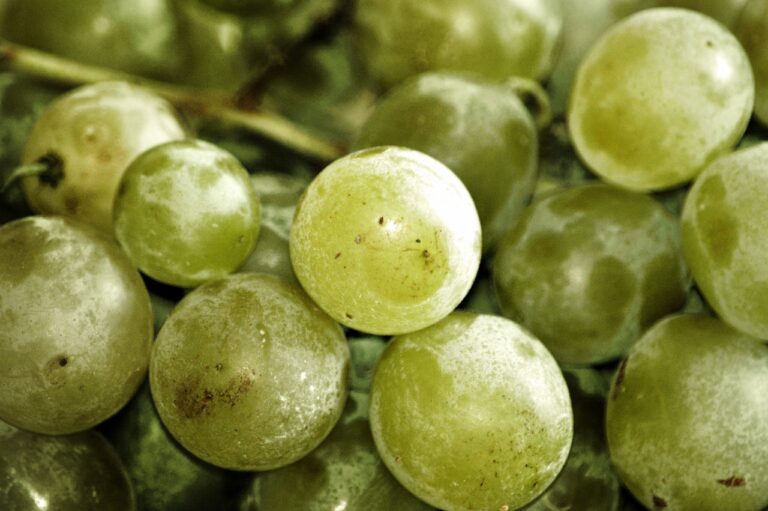Biotechnology in Precision Aquaculture: Monitoring and Control Systems: All panel.com sign up, Lotus 365 book, Betbook 247.com login
all panel.com sign up, lotus 365 book, betbook 247.com login: Biotechnology in Precision Aquaculture: Monitoring and Control Systems
When it comes to the aquaculture industry, precision is key. With the rising demand for seafood, farmers are turning to biotechnology to improve their monitoring and control systems to ensure optimal growth and health of their aquatic organisms.
Monitoring Water Quality
One of the most critical aspects of aquaculture is maintaining the water quality. Biotechnology has enabled farmers to monitor parameters such as pH, temperature, oxygen levels, and ammonia concentration in real-time. By using sensors and automated systems, farmers can quickly identify any changes in water quality and take immediate corrective actions.
Feeding Management
Another area where biotechnology plays a significant role in precision aquaculture is feeding management. By using data analytics and algorithms, farmers can determine the optimal feeding rates based on the size and species of the aquatic organisms. Automated feeding systems can then dispense the right amount of feed at the right time, reducing waste and ensuring efficient growth.
Disease Detection and Management
Biotechnology has also revolutionized disease detection and management in aquaculture. Through genetic testing and advanced diagnostic techniques, farmers can identify pathogens early on and prevent disease outbreaks. This not only saves the aquatic organisms but also minimizes financial losses for the farmers.
Temperature Control
Maintaining the right temperature is crucial for the health and growth of aquatic organisms. Biotechnology has enabled farmers to use precision heating and cooling systems to regulate water temperature within optimal ranges. This ensures that the aquatic organisms are comfortable and can thrive in their environment.
Remote Monitoring
With the advent of biotechnology, farmers can now monitor their aquaculture systems remotely. Through the use of sensors, cameras, and data analytics, farmers can keep an eye on their operations from anywhere in the world. This real-time monitoring allows for quick decision-making and timely interventions when needed.
Environmental Sustainability
By implementing biotechnology in precision aquaculture, farmers can reduce their environmental impact. Monitoring and control systems help minimize the use of resources such as water and feed, leading to more sustainable farming practices. This, in turn, helps protect the surrounding ecosystem and ensures the long-term viability of aquaculture operations.
FAQs
Q: How does biotechnology improve water quality in aquaculture systems?
A: Biotechnology enables farmers to monitor parameters such as pH, temperature, oxygen levels, and ammonia concentration in real-time, allowing for quick corrective actions to be taken.
Q: How does precision aquaculture help in disease management?
A: Precision aquaculture uses genetic testing and advanced diagnostic techniques to identify pathogens early on, preventing disease outbreaks and minimizing financial losses.
Q: How does remote monitoring benefit aquaculture operations?
A: Remote monitoring allows farmers to keep an eye on their operations from anywhere in the world, enabling quick decision-making and timely interventions when needed.
In conclusion, biotechnology has revolutionized precision aquaculture by improving monitoring and control systems. By utilizing sensors, data analytics, and automated systems, farmers can ensure optimal growth, health, and sustainability of their aquatic organisms. This technological advancement not only benefits the farmers but also helps protect the environment and ensure the long-term viability of the aquaculture industry.







